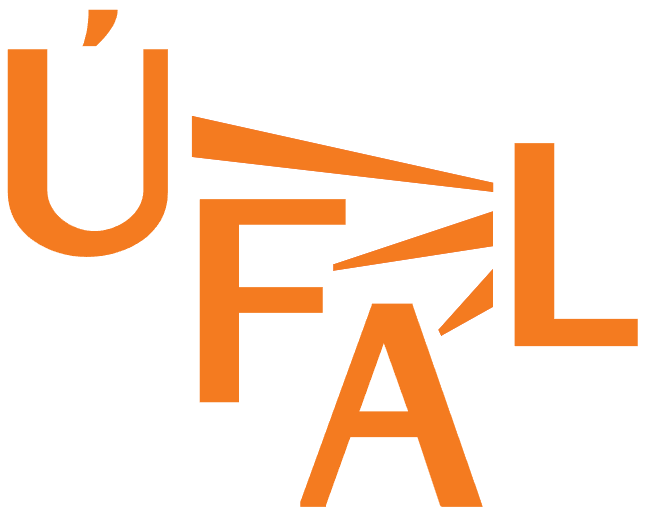Paper submission
Paper format and length
All submissions must be written in English. Papers should be submitted electronically, in a PDF format, through the official EasyChair submission system of the main conference, by selecting the UMAP 24 Workshop HUMAD track option (important!).
As for UMAP 24, we encourage two types of submissions (reviewers will comment on whether the size is appropriate for each contribution), in the ACM new single-column format:
- Long papers, with 10 pages at most plus additional pages for references (figures, tables, proofs, appendixes, acknowledgments, and any other content count toward the page limit). Long papers should report on substantial contributions of lasting value. They should reflect more complex innovations or studies and should have a more thorough discussion of related work.
- Short papers, with 5 pages at most plus additional pages for references (figures, tables, proofs, appendixes, acknowledgments, and any other content count toward the page limit). Short papers typically discuss exciting new work that is not yet mature enough for a long paper – they are not “work-in-progress” reports but rather complete reports on a smaller or simpler-to-describe but complete research work on advances that can be described, set into context, and evaluated concisely.
Each accepted papers will be scheduled for oral presentations during the HUMAD 2024 workshop in July 2024, and included in the UMAP 24 ajunct proceedings. At least one author of each accepted paper is required to register to the main conference and attend the workshop (online or in person) to present the work.
Anonimity
Submissions must be anonymous, given that HUMAD, in line with the main UMAP 24 conference, uses a double-blind review process. Authors must omit their names and affiliations from submissions, and avoid obvious identifying statements. For instance, citations to the authors’ own prior work should be made in the third person. Failure to anonymize your submission could result in desk rejection.
Templates
Following the ACM Publication Workflow, all authors should submit manuscripts for review in the new ACM single-column format. Instructions for authors are given below:
- LaTeX (use \documentclass[manuscript, review, anonymous]{acmart} in the sample-authordraft.tex file for single-column). Please carefully follow the ACM’s instructions for preparing your article with LaTeX.
- Overleaf (use \documentclass[manuscript,review,anonymous]{acmart} for single-column). Please carefully follow the ACM’s instructions for preparing your article with Overleaf.
- Word. Please carefully follow the ACM’s instructions for preparing your article with Microsoft Word.
Should you have any questions or issues going through the instructions above, please contact support at acmtexsupport@aptaracorp.com for LaTeX and Microsoft Word inquiries.
Submission Policy
All submissions and reviews will be handled electronically. HUMAD has a no dual submission policy, which is why submitted manuscripts should not be currently under review at another publication venue. Particularly, please consider the following ACM’s publication policies:
“By submitting your article to an ACM Publication, you are hereby acknowledging that you and your co-authors are subject to all ACM Publications Policies, including ACM’s new Publications Policy on Research Involving Human Participants and Subjects. Alleged violations of this policy or any ACM Publications Policy will be investigated by ACM and may result in a full retraction of your paper, in addition to other potential penalties, as per ACM Publications Policy.”
“Please ensure that you and your co-authors obtain an ORCID ID, so you can complete the publishing process for your accepted paper. ACM has been involved in ORCID from the start and we have recently made a commitment to collect ORCID IDs from all of our published authors. The collection process has started and will roll out as a requirement throughout 2022. We are committed to improve author discoverability, ensure proper attribution and contribute to ongoing community efforts around name normalization; your ORCID ID will help in these efforts.”
Publication
As reported before, all HUMAD 2024 accepted papers will be included in the official UMAP 24 adjunct proceedings. The official publication date is when the proceedings are made available in the ACM Digital Library (dl.acm.org). This date may be up to two weeks before the first day of UMAP 24.
All papers will be indexed by Scopus, Google Scholar, Thomson Reuters Conference Proceeding Citation Index, EI Compendex, and DBLP. The papers will contain linked references, XML versions and citable DOI numbers. You will be able to provide a hyperlink to all delegates and direct your conference website visitors to your proceedings.








